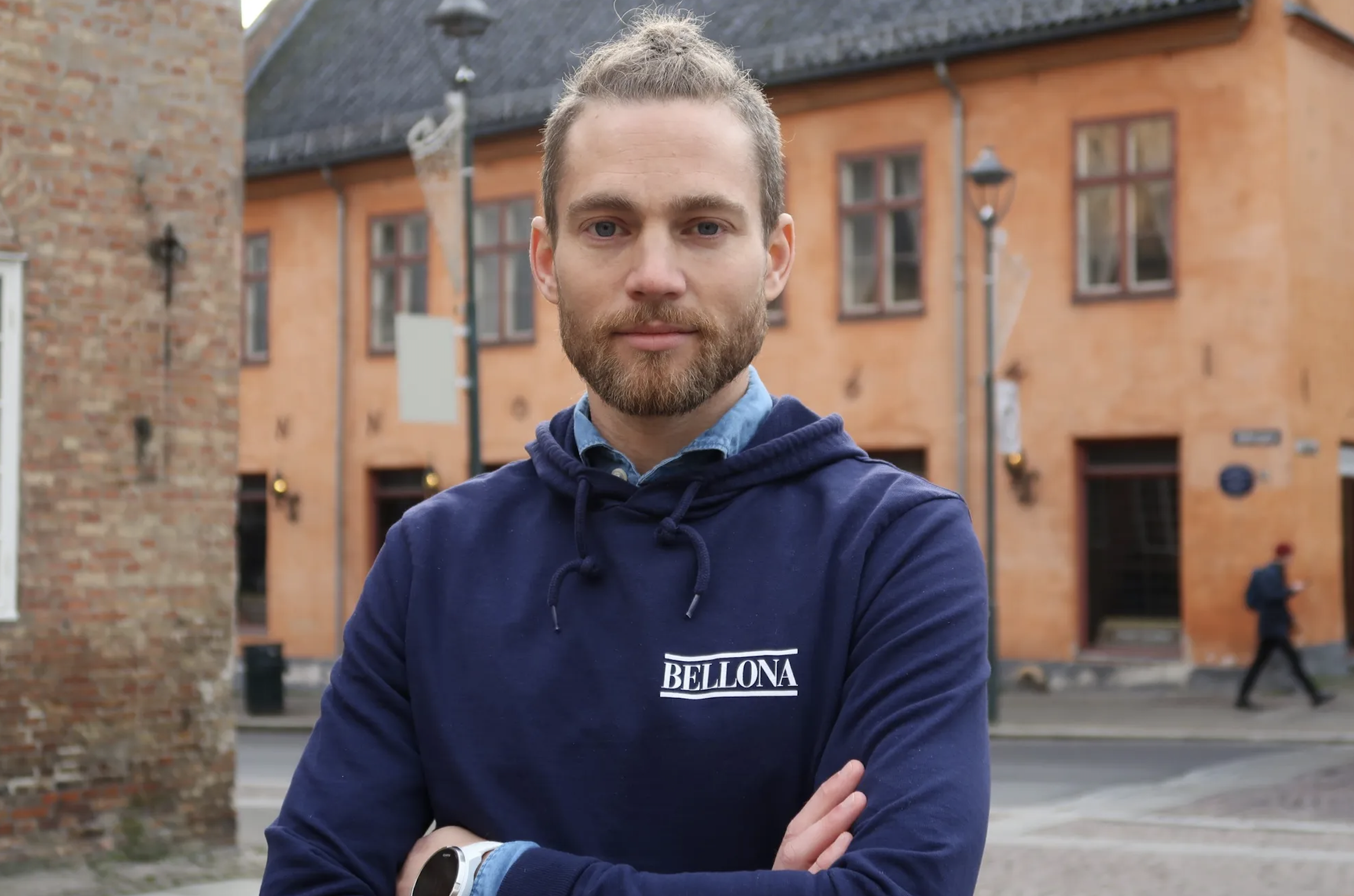
Not whether, but how fast on CO₂ storage in Norway
The following op-ed by Eivind Berstad, Bellona’s CCS team leader, originally appeared in Teknisk Ukbladet. When the European Free Trade Associatio...
News

Publish date: June 8, 2009
Written by: Charles Digges
News
But many international environmental organisations, including Bellona, have expressed concern over the sort of damage that the massive non-proliferation effort will entail. Yet the enthusiasm for the idea among world nuclear non-proliferation agents are likely to put environmental concerns on the back burner, at least in the initial stages.
"This is an idea that has pretty broad support," said Arms Control Association head Daryl Kimball.
"It addresses a problem that has been around for a long time. Nations that can make low-enriched uranium for nuclear power can use the same industrial capacity to make highly enriched uranium" for use in nuclear weapons.
Obama’s support for the idea dates to his days as a senator from Illinois, when he cosponsored legislation calling for a US commitment to a fuel bank.
Looking toward the ex-Soviet Union
Kazakhstan has been slated by the Obama Administration as a key site for the construction of such a fuel bank, but also in contention is Angarsk, Russia, near lake Baikal.
Obama Administration officials have told Bellona Web that the fuel bank idea does not have to be geographically limited to one area, and that a handful of such banks could exists throughout the world.
And despite the Obama Administration’s strong tilt to Kazakhstan for the site of the fuel bank because of the country’s vast uranium supplies, Rosatom, Russia’s state nuclear corporation, told Bellona Web Tuesday that Angarsk is still very much in contention to be a site for an international uranium fuel bank.
Obama’s recent remarks about building a fuel bank that would possibly be controlled by the International Atomic Energy Agency are aimed at curtailing Iran’s apparent ambitions to keep enriching its own uranium and develop a full blown nuclear weapons programme.
But the fuel bank also carries with it strong environmental drawbacks for Russia, if it is involved, and would, in the eyes of many environmental observers, including Bellona, spell a radiological catastrophe for Angarsk.
Obama and Russian President Dmitry Medvedev – who is said to back the idea of a fuel bank as well, according to Kremlin officials – will discuss the fuel bank idea at their upcoming summit next month, an administration official told The Boston Globe.
Bellona urges caution with fuel bank
While supporting the non-proliferation goals behind building a multi-national fuel bank, Bellona urged caution in moving too hastily.
It would be hoped that Obama and Medvedev’s discussions will include the notion that Angarsk, if picked as a possible host, will also be required to store and reprocess enormous amounts of spent nuclear fuel from all over the world – a consideration that has not reached high-level political discussions on the issue.
In March, a $150 million benchmark in contributions toward building an international fuel bank was reached in pledges from various countries including the United States, Norway and Kuwait, and the Washington-based Nuclear Threat Initiative (NTI), a non-partisan arms-control advocacy group.
Norway’s foreign minister, Jonas Gahr Store, helped lead the charge to raise the needed funding for the fuel bank, which prompted comments of caution from Bellona when Store announced his contributions in February.
"While Bellona realises the importance of putting the nuclear fuel supply under multi-national purview, we urge (the money to be used) with all due consideration for the environmental impact such a nuclear fuel bank will cause in the territory where it is eventually built," said Nils Bøhmer, Bellona’s nuclear physicist.
"It is clear from studies conducted by Bellona that the proposed Angarsk facility meets neither the nonproliferation requirements of the IAEA, which will ultimately be responsible for the centre, nor the requirements of environmental nuclear safety that must be observed in Russia’s already damaged ecological condition," he said.
Zero Nukes
The uranium fuel bank is a key building block of Obama’s overall arms strategy, which is aimed at helping limit the further spread of the technology needed to build nuclear weapons – the same technology that provides nuclear energy. Obama has also forwarded the notion of a world free of nuclear weapons.
The basic idea behind a fuel bank is to have a relatively small, but guaranteed supply of low-enriched uranium available as a backup should a country’s supplies of civilian nuclear fuel from other nations be cut off for political or other reasons. Of the dozen or so countries that now can enrich uranium, several do so to guard against such disruptions, not to build nuclear weapons.
The most advanced proposal for a fuel calls for the IAEA to maintain a uranium supply for purchase by member states with the $150 raised. IAEA oversight of such a bank dates back to the administration of US President Dwight Eisenhower. The agency’s 35-member board of governors is scheduled to begin debating the issue at a meeting later this month, a spokesman said.
Creating such a fuel bank has become a hallmark project for IAEA chief Mohamed ElBaradei, who will be retiring at the end of this year.

The following op-ed by Eivind Berstad, Bellona’s CCS team leader, originally appeared in Teknisk Ukbladet. When the European Free Trade Associatio...

For the past eight years, disinformation has dominated news around elections all over the world. Despite this, it is still a widely misunderstood con...

A ruling by the European Free Trade Association Court that Norway’s continental shelf falls under the European Economic Area Agreement could dramatic...

Bellona held a seminar on countering Russian disinformation in the Arctic at the Arctic Frontiers international conference in Norway